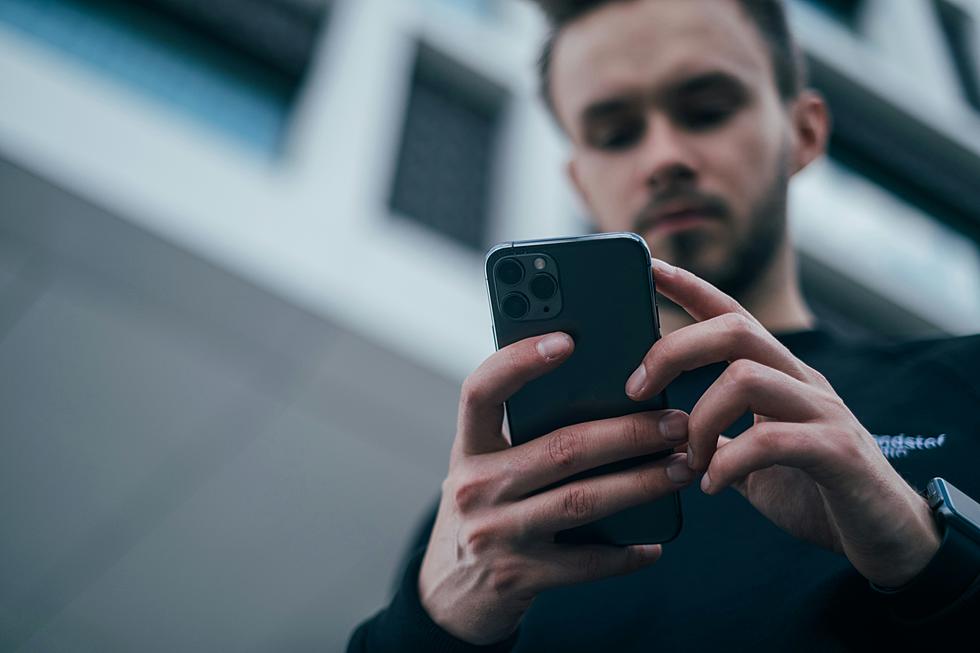WJON In Depth: From Darkness to Light, What Central Minnesota is Doing to Improve Mental Health Care [VIDEO]
ST. CLOUD -- Every 12 minutes, someone takes their own life in America, that's 121 people a day, and over 40,000 a year. More than three different cancers, and heart attacks.
Vicki Ikeogu was a journalist for the St. Cloud Times, she's a college grad and now works for the Saint Cloud APO, and freelances for several papers outside St. Cloud. She, like thousands of others has fought through years of mental illness, up until her breaking point where she attempted to take her own life.
"I picked up a 50 tablet bottle of acetaminophen and a liter of water and walked from Cash Wise to Burgertime. I sat there at about 3:00 a.m. and took 20 of them." -Ikeogu
Mental illness is something that is difficult to see, and chronic. Something that Ikeogu has learned during her years of battling it.
Someone suffering from it may fight with it their entire lives. However, unlike other diseases of the same nature like cancer, and several others that are discussed openly and direct, we tend to shy away as a society when it comes to mental illnesses.
"The difference is we tend to look at mental health illnesses through a different lens." - Dr. Ryan Engdahl
Dr. Ryan Engdahl is the Coordinator of Integrated Behavioral Health for CentraCare. He says with his patients, starting the mental health conversation is often the toughest part of treatment.
"We don't often talk about depression though in the same capacity [as other conditions] that somebody works through an episode and there may be a point in their life when it comes back again. Depression has states of remission just like cancer might but we talk about it and treat it very differently."
This way of dealing with mental health has left this arm of our healthcare system more scattered than others. Jennifer Rocheleau-Dorholt is the Crisis Program Director for the Central Minnesota Mental Health Center. She describes the system using a familiar sight in Central Minnesota.
"We function a bit like silos...this program does their thing and have their own internal procedures and each [program] has their own deal. So clients fall through the cracks because of that."
Dorholt says, this silo like nature of the system can make things confusing even for the professionals.
"There's a lot to it, and I think even the people who put these rules in place would agree at this point that there's a lot to it."
Claire Wilson is the Assistant Commissioner for the Minnesota Department of Human Services. She says the system's complexity and fragmented nature comes from, in part by how it was started.
"Initially we institutionalized people with mental illness, and particularly those who were experiencing severe mental illness. In the 50's when we decided that, as a country that institutionalization was not the way to treat mental illness, people were released from those institutions, which were usually county run or regionally located, so services developed out of those catch-men areas."
The system's scattered nature can lead to situations like the one Ikeogu faced, where it took some luck to get herself timely care.
"I called them, and they said three weeks, luckily they had a few cancellations with their regular clients and I was able to get in about a week and a half earlier. I just can't imagine, if someone who is in a worse state than I was, that needed somebody, where do you go?"
However, some hope is on the horizon for people struggling with mental illnesses. There are several programs being started that aim to solve the dual issues of fragmentation and speed of care. One of those is housed at the St. Cloud Hospital, who's behavioral health clinic sees thousands of patients a year.
Dr. Engdahl says, this is a way for them to bring the mental health care services into the same arena as their primary care.
"If you go to your provider and say you've got a sinus infection, and they set you up with a treatment plan for that, and you also mention any trouble sleeping or with your mood, that provider can say let me go grab my colleague down the hall and I want you to have a chat with them because they're an expert in this."
The DHS is also piloting six Certified Community Behavioral Health Clinics:
- Northern Pines Mental Health Center - Serving Cass, Wadena, Todd, Morrison, Crow Wing and Akin Counties
- Northwestern Mental Health Center - Serving Kittson, Marshall, Red Lake, Polk, Norman and Mahnomen Counties
- Wilder Mental Health and Wellness - Serving Ramsey County
- People Incorporated - Serving Anoka, Washington, Dakota, Hennepin and Ramsey Counties
- Ramsey County Mental Health Center - Serving Ramsey County
- Zumbro Valley Health Center - Serving Olmsted and Fillmore Counties.
Assistant Commissioner Wilson calls these clinics, one-stop-shops.
"Clinics where you can walk in, receive primary care, substance use disorder treatment, receive mental health treatment all in one place."
While those in the mental health professions work on their end to fix the system, on our end we can fix the stigma. For Ikeogu what freed her of the stigma, was getting everything that happened to her out in the open, with a long post on Facebook.
"I was on Facebook and typed up this long status about what I did to myself and what I did to my loved ones."
For people who are struggling, she has some simple advice.
"It's ok to get help, it's ok to talk about it."
If you are looking for mental health guidance, there are two local organizations that could help.
As for the question of what can the rest of us do to help? Share your stories with others, donate to mental health organizations, participate in awareness walks and rallies, and above all talk to and support one another. Because life, is worth it.
More From 103.7 The Loon









